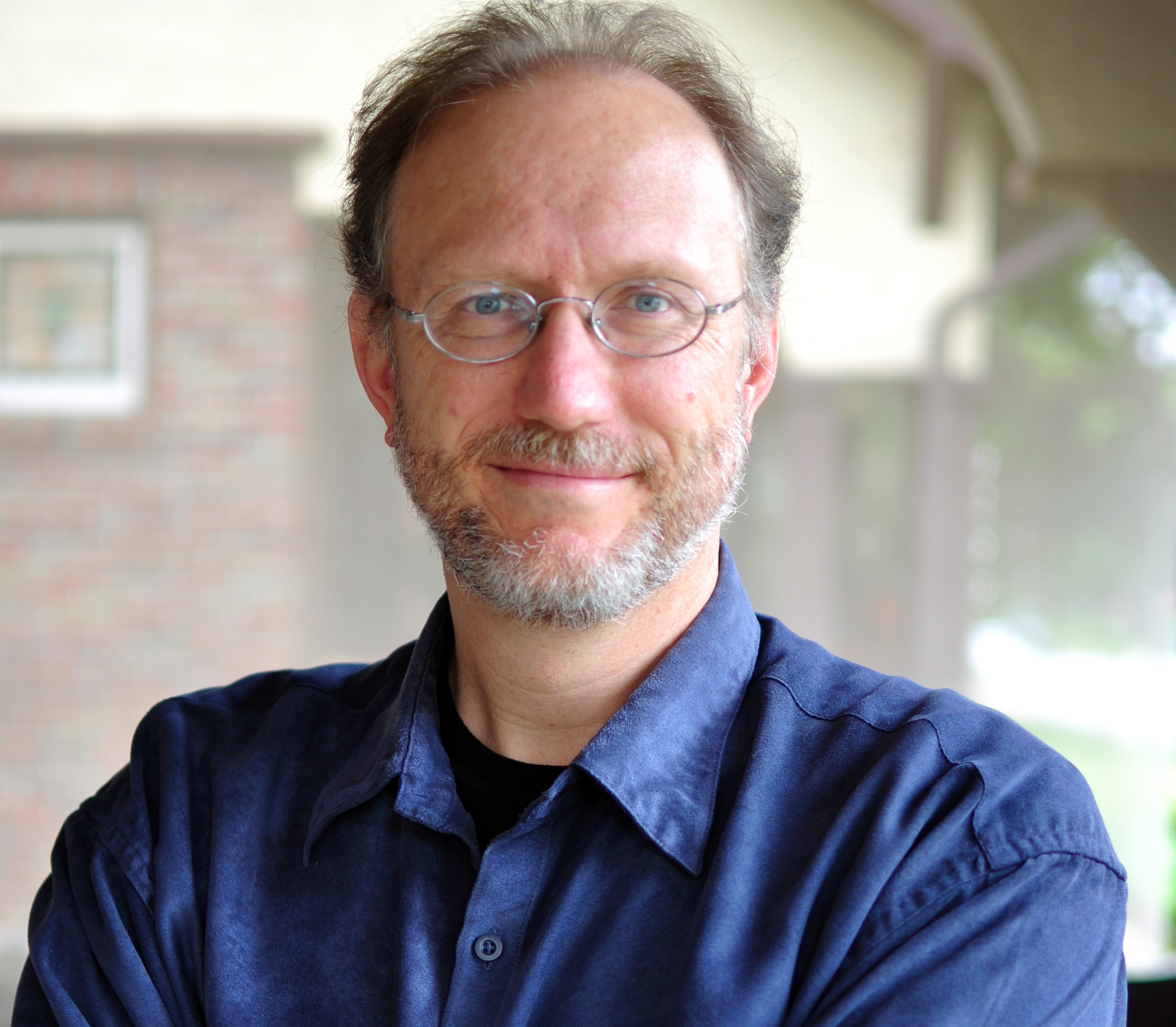
You will soon forget about your plans to discover the party scene, visit your parents every other weekend, or find your soulmate on campus. Not only is it your first attempt at independent life free from parents’ oversight, but it’s also a completely new level of academic requirements and independent study many aren’t ready for.Īnd if you’re an overachiever or a perfectionist, keeping up with all the classes, assignments, extracurriculars, and side gigs will keep you up most nights. After all, college is an eye-opening experience for most students.

Quietly inspiring.If you’re suddenly wondering, “Can someone do my paper for me?”, there’s likely a very good reason for that. invites the reader to consider how our lives are shaped by the structures we live within, and to wonder what it might mean to live a 'good life', in both material and spiritual terms.-Eula Biss "The Guardian"Ī quirky, haunting and frequently breathtaking account of postwar suburban life.

An intensely realized and wholly original memoir about the way in which a place can shape a life, Holy Land is ultimately about the resonance of choices-how wide a street should be, what to name a park-and the hopes that are realized in the habits of everyday life. Laid out in 316 sections as carefully measured as a grid of tract houses, Holy Land is by turns touching, eerie, funny, and encyclopedic in its handling of what was gained and lost when thousands of blue-collar families were thrown together in the suburbs of the 1950s. Waldie recounts growing up in Lakewood, California, a prototypical post-World War II suburb. In quick, translucent prose (Michiko Kakutani, New York Times) that is at once lyrical and unsentimental, D. Since its publication in 1996, Holy Land has become an American classic.

About the Book Waldie's account of growing up in Lakewood, California, is by turns touching, eerie, funny, and encyclopedic in its handling of what was gained and lost when thousands of blue-collar families were thrown together in the suburbs of the 1950s.


 0 kommentar(er)
0 kommentar(er)
